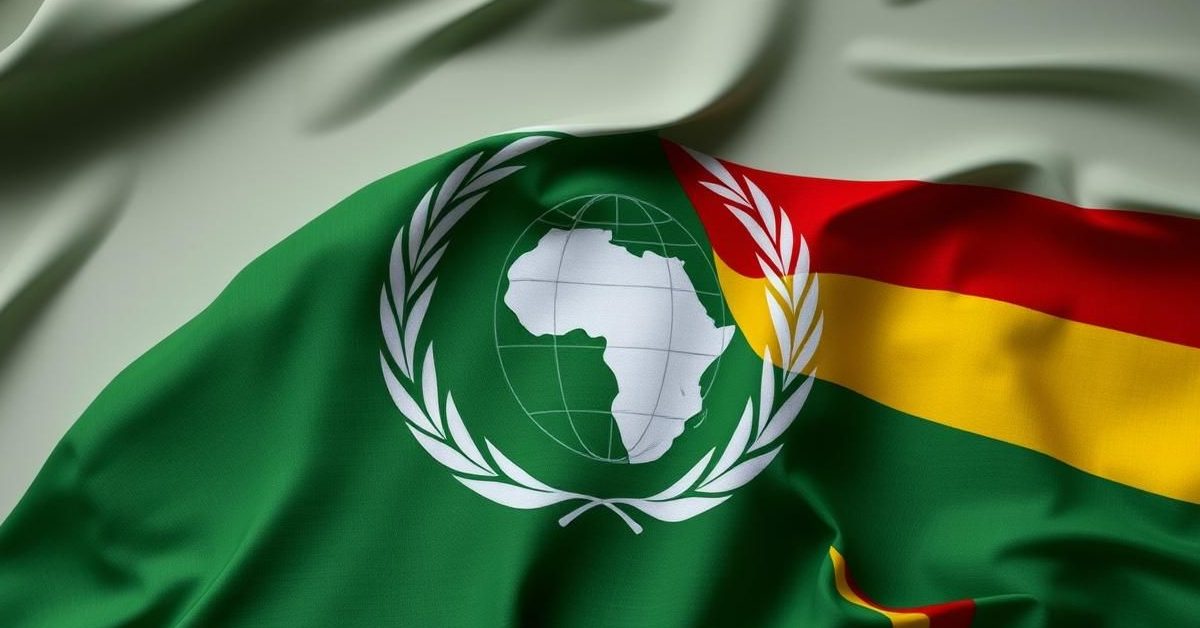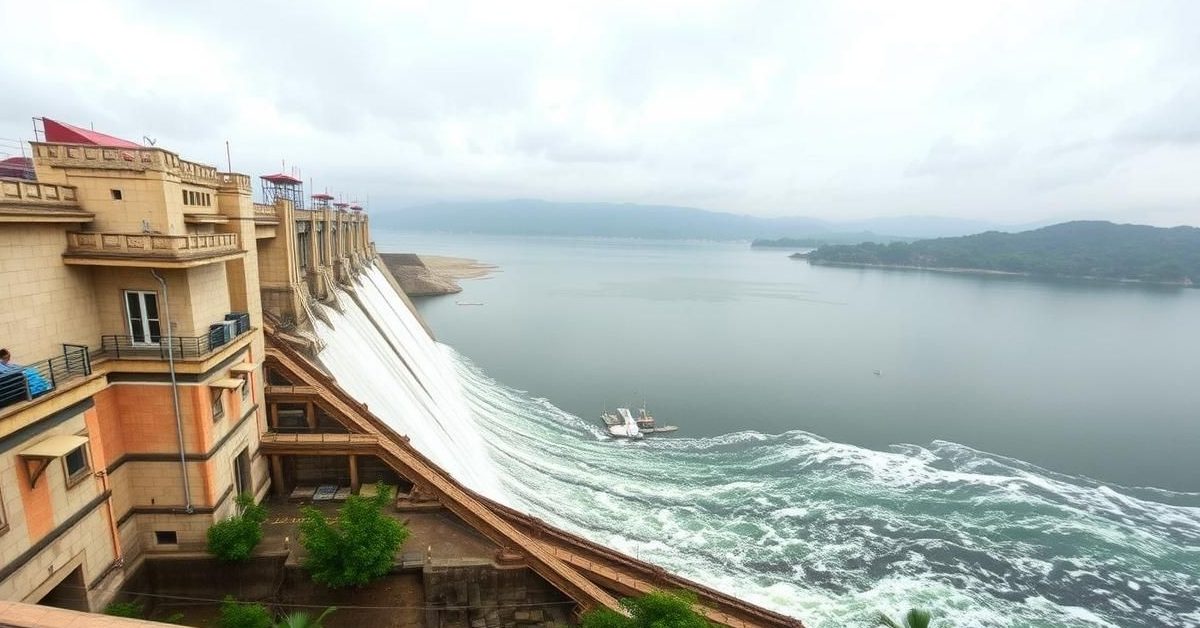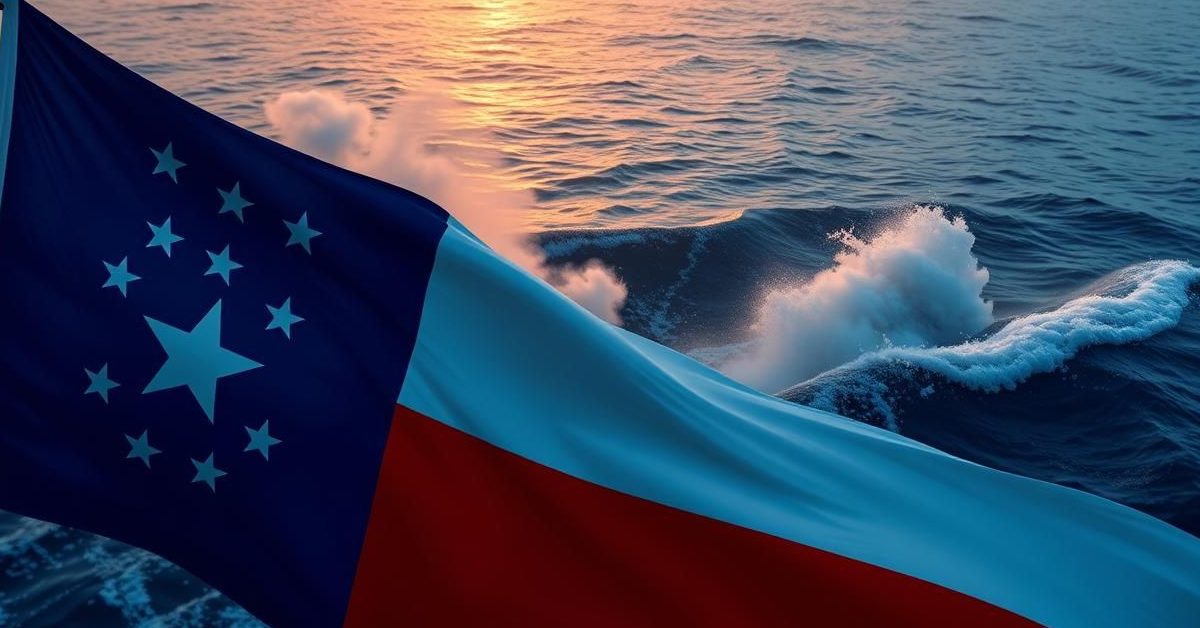India is witnessing significant developments across national security, judicial processes, and social welfare, marked by advancements in naval capabilities, international counter-terrorism efforts, and ongoing debates on constitutional procedures.
INS Nistar: Boosting India’s Maritime Might
India’s naval strength recently received a major boost with the commissioning of INS Nistar, the nation’s first indigenously designed and constructed diving support vessel. This state-of-the-art vessel is built to undertake complex deep-sea saturation diving and critical submarine rescue operations, a niche capability possessed by only a few navies globally.
The INS Nistar is a testament to India’s ‘Aatmanirbhar Bharat’ (self-reliant India) campaign, reinforcing the Indian Navy’s role as a ‘first responder’ and ‘preferred security partner’ in the region. It is equipped with advanced diving equipment, remotely operated vehicles, and hyperbaric chambers, capable of operations up to 300 meters deep. It also serves as a ‘Mother Ship’ for Deep Submergence Rescue Vessels (DSRVs), vital for rescuing personnel from distressed submarines.
Notably, the new Nistar comprises over 80% indigenous content, with about 120 MSMEs contributing to its construction. Its sister ship, Nipun, is expected to be commissioned soon, enhancing India’s dual-coast operational posture in maritime security.
US Designates TRF as Foreign Terrorist Organization
In a significant move that strengthens India’s global fight against cross-border terrorism, the US State Department has designated The Resistance Front (TRF) as a Foreign Terrorist Organization (FTO) and Specially Designated Global Terrorist (SDGT). TRF is known as a shadow outfit of the Pakistan-based Lashkar-e-Taiba (LeT), responsible for various terror activities, including the Pahalgam attack.
This designation makes financing or aiding TRF a crime under US law, effectively curbing its funding and isolating it internationally. It also supports India’s efforts to push for TRF’s listing at the United Nations. TRF emerged after the abrogation of special status in Jammu and Kashmir, designed to give militancy an “indigenous look” and skirt international scrutiny on Pakistan-based groups like LeT and Jaish-e-Mohammed.
India maintains a zero-tolerance policy towards terrorism and continues to collaborate closely with its international partners to ensure that terrorist organizations and their proxies are held accountable.
Judiciary Under Scrutiny: The In-House Procedure Debate
Former Delhi High Court Justice Yashwant Varma has moved the Supreme Court, challenging the judiciary’s ‘in-house inquiry mechanism’ that indicted him following allegations of cash being found at his official residence. He argues that this mechanism operates as a “parallel, extra-constitutional” process, undermining the constitutionally mandated procedure for judge removal.
The in-house procedure, adopted by the Supreme Court in 1999, aims to handle complaints against judges while preserving judicial independence. However, Justice Varma’s plea asserts that extending it to recommend removal from constitutional office goes beyond the intended scope of self-regulation and fact-finding.
The Constitution, under Articles 124 and 218, exclusively vests the power of removing High Court and Supreme Court judges with Parliament. This process requires an address supported by a special majority, following an inquiry under the Judges (Inquiry) Act, 1968. This case highlights crucial questions about judicial accountability and the boundaries of internal disciplinary mechanisms.
Balancing Compassion and Public Order: Feeding Stray Dogs
The Supreme Court recently weighed in on the contentious issue of feeding stray dogs, observing that citizens who wish to feed them should consider doing so inside their own homes. This observation came during an appeal by a Noida resident facing harassment for feeding strays in common housing society areas.
The Animal Birth Control Rules, 2023, notified under The Prevention of Cruelty to Animals Act, 1960, aim to control stray dog populations through sterilization and vaccination. These rules recognize “community animals” as territorial beings rather than ownerless intruders, and provide protocols for feeding them, balancing animal welfare with public safety.
Rule 20 of the ABC Rules mandates Resident Welfare Associations (RWAs) to make necessary arrangements for feeding community animals. It also states that feeding locations must be away from high-footfall areas and kept clean. The Supreme Court has previously interpreted the right to life to extend to animals, and Article 51A(g) places a fundamental duty on citizens “to have compassion for living creatures,” guiding the need to balance humane treatment with maintaining shared civic spaces.
- INS Nistar significantly boosts India’s self-reliance in deep-sea diving and submarine rescue operations.
- The US designation of TRF as a Foreign Terrorist Organization strengthens global efforts against cross-border terrorism.
- A former High Court judge has challenged the judiciary’s ‘in-house inquiry mechanism,’ raising questions about constitutional due process for judge removal.
- New rules and Supreme Court observations aim to balance compassion for stray animals with public order and safety in shared community spaces.
These developments underscore India’s dynamic landscape in national security, legal frameworks, and social policy, reflecting ongoing efforts to address complex challenges and build a more self-reliant and secure nation.















